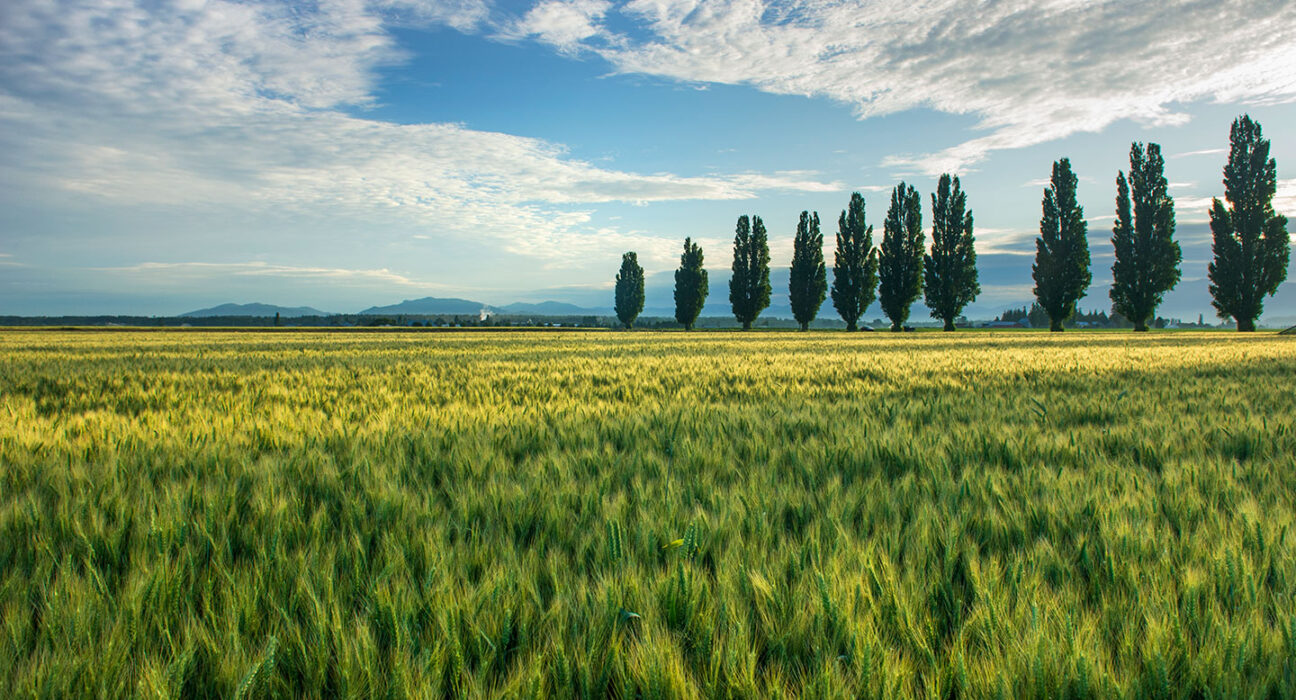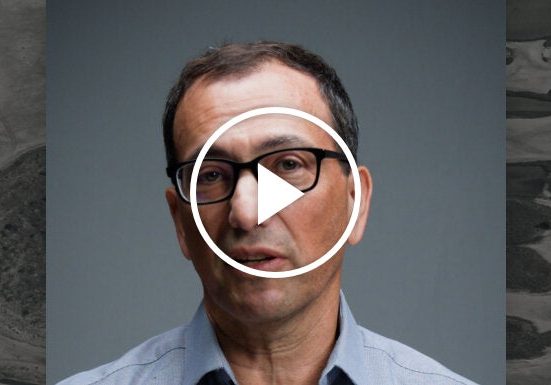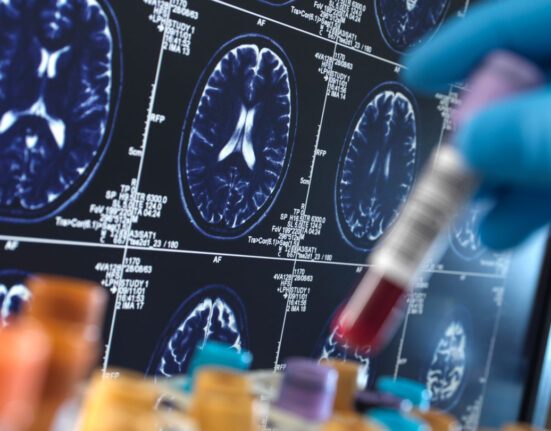bat: A type of winged mammal comprising more than 1,400 separate species — or one in every four known species of mammal. (in sports) The usually wooden piece of athletic equipment that a player uses to forcefully swat at a ball. (v.) Or the act of swinging a machine-tooled stick or flat bat with hopes of hitting a ball.
behavior: The way something, often a person or other organism, acts towards others, or conducts itself.
biologist: A scientist involved in the study of living things.
bug: The slang term for an insect. Sometimes it’s even used to refer to a germ.
carbon: A chemical element that is the physical basis of all life on Earth. Carbon exists freely as graphite and diamond. It is an important part of coal, limestone and petroleum, and is capable of self-bonding, chemically, to form an enormous number of chemically, biologically and commercially important molecules. (in climate studies) The term carbon sometimes will be used almost interchangeably with carbon dioxide to connote the potential impacts that some action, product, policy or process may have on long-term atmospheric warming.
cell: (in biology) The smallest structural and functional unit of an organism. Typically too small to see with the unaided eye, it consists of a watery fluid surrounded by a membrane or wall. Depending on their size, animals are made of anywhere from thousands to trillions of cells. Most organisms, such as yeasts, molds, bacteria and some algae, are composed of only one cell. (in telecommunications) A technology that relies on a large number of base stations to relay signals. Each base station covers only a small area, which is known as a cell. Phones that rely on this system are typically referred to as cell phones.
chemical: A substance formed from two or more atoms that unite (bond) in a fixed proportion and structure. For example, water is a chemical made when two hydrogen atoms bond to one oxygen atom. Its chemical formula is H2O. Chemical also can be an adjective to describe properties of materials that are the result of various reactions between different compounds.
chemical signal: A message made up of molecules that get sent from one place to another. Bacteria and some animals use these signals to communicate.
compound: (often used as a synonym for chemical) A compound is a substance formed when two or more chemical elements unite (bond) in fixed proportions. For example, water is a compound made of two hydrogen atoms bonded to one oxygen atom. Its chemical symbol is H2O.
defense: (in biology) A natural protective action taken or chemical response that occurs when a species confronts predators or agents that might harm it. (adj. defensive)
deter: An event, action or material that keeps something from happening. For instance, a visible pothole in the road will deter a driver from steering his car over it.
ecologist: A scientist who works in a branch of biology that deals with the relations of organisms to one another and to their physical surroundings.
environment: The sum of all of the things that exist around some organism or the process and the condition those things create. Environment may refer to the weather and ecosystem in which some animal lives, or, perhaps, the temperature and humidity (or even the placement of things in the vicinity of an item of interest).
field: An area of study, as in: Her field of research is biology. Also a term to describe a real-world environment in which some research is conducted, such as at sea, in a forest, on a mountaintop or on a city street. It is the opposite of an artificial setting, such as a research laboratory.
focus: (in behavior) To look or concentrate intently on some particular point or thing.
glutamate: A salt of glutamic acid. Glutamate plays an important role in the brain as a molecule that carries signals between cells.
insect: A type of arthropod that as an adult will have six segmented legs and three body parts: a head, thorax and abdomen. There are hundreds of thousands of insects, which include bees, beetles, flies and moths.
intelligence: The ability to collect and apply knowledge and skills.
kin: Family or relatives (sometimes even distant ones).
literature: The books, studies and other writings published on a particular subject. Scientific literature usually refers to published papers or meeting abstracts describing new research findings or the reviews of multiple papers on a topic within some field.
nerve: A long, delicate fiber that transmits signals across the body of an animal. An animal’s backbone contains many nerves, some of which control the movement of its legs or fins, and some of which convey sensations such as hot, cold or pain.
nervous system: The network of nerve cells and fibers that transmits signals between parts of the body.
neuron: The main cell type of the nervous system — the brain, spinal column and nerves. These specialized cells transmit information by producing, receiving and conducting electrical signals. Neurons also can transmit signals to other cells with chemical messengers.
neurotransmitter: A chemical released at the end of a neuron to carry a message to a neighboring cell. This chemical travels across the space between two cells, and then binds to molecules on a neighboring cell to transmit a message. Neurotransmitters are released from neurons, and can bind to neurons or to other types of cell, including those that make up muscles or glands.
nutrient: A vitamin, mineral, fat, carbohydrate or protein that a plant, animal or other organism requires as part of its food in order to survive.
organism: Any living thing, from elephants and plants to bacteria and other types of single-celled life.
phloem: The part of a plant that carries sugars and other products of photosynthesis from where they are made in the leaves to where they are needed.
plastic: Any of a series of materials that are easily deformable; or synthetic materials that have been made from polymers (long strings of some building-block molecule) that tend to be lightweight, inexpensive and resistant to degradation. (adj.) A material that is able to adapt by changing shape or possibly even changing its function.
predator: (adjective: predatory) A creature that preys on other animals for most or all of its food.
seedling: The initial plant that sprouts leaves and roots after emerging from a seed.
skeptical: Not easily convinced; having doubts or reservations.
sophisticated: To be highly complex. (in behavior) To exhibit a high degree of knowledge, experience and appreciation for culture (such as music, literature and the other arts).
species: A group of similar organisms capable of producing offspring that can survive and reproduce.
stress: (in biology) A factor — such as unusual temperatures, movements, moisture or pollution — that affects the health of a species or ecosystem. (in psychology) A mental, physical, emotional or behavioral reaction to an event or circumstance (stressor) that disturbs a person or animal’s usual state of being or places increased demands on a person or animal; psychological stress can be either positive or negative. (in physics) Pressure or tension exerted on a material object.
system: A network of parts that together work to achieve some function. For instance, the blood, vessels and heart are primary components of the human body’s circulatory system. Similarly, trains, platforms, tracks, roadway signals and overpasses are among the potential components of a nation’s railway system. System can even be applied to the processes or ideas that are part of some method or ordered set of procedures for getting a task done.













